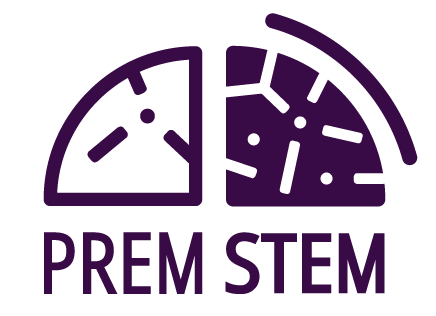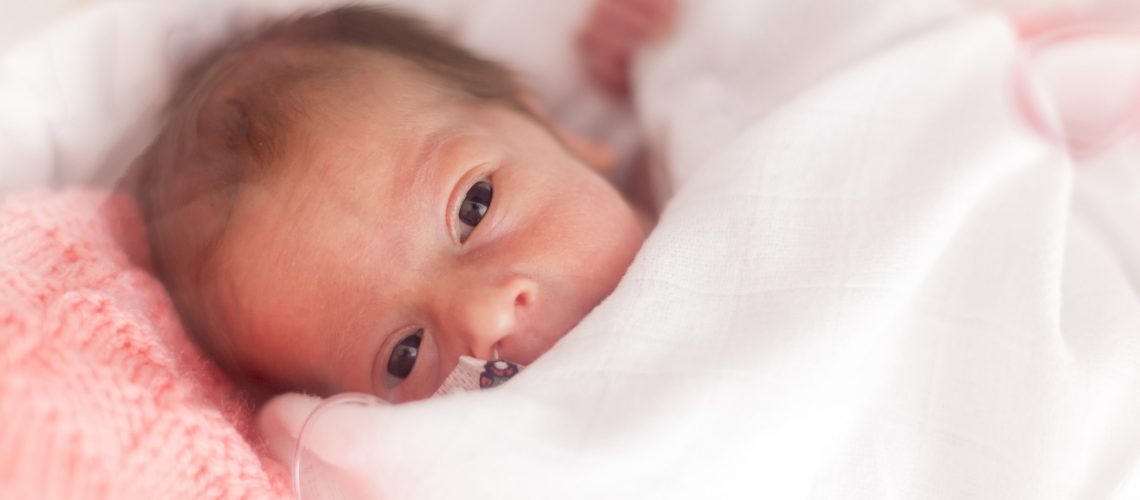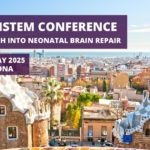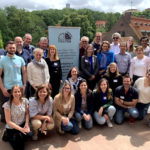The PREMSTEM project has received €9M in funding to research a new therapy to treat brain damage associated with preterm birth, also known as encephalopathy of prematurity (EoP). To ‘rebuild’ the damaged areas of the brain, scientists will use human mesenchymal stem cells (H-MSCs) – those taken from umbilical cord tissue and very different to human embryonic stem cells (hESC).
Professor Pierre Gressens, PREMSTEM Project Coordinator, says the five-year project aims to deliver a therapy ready for clinical trials: “We’ll be examining the best regiment, timing, dose and administration route for H-MSCs as a therapy for this specific type of brain injury”.
“We’ll also develop new, inexpensive and easy-to-use imaging tools that will give clinicians, for the first time, the ability to readily identify premature born babies needing our treatment, those that have encephalopathy of prematurity.”
PREMSTEM officially started in January 2020. The project’s fifteen partners come from eight countries and includes world-leading clinicians, researchers and healthcare organisations specialised in neonatology in both Europe and Australia.
Once the research is complete, Professor Gressens says the therapy will have an even broader application: “We anticipate that we’ll be able to extend to other types of perinatal brain injury and disorders such as paediatric multiple sclerosis”.
Every year, more than 15 million babies are born preterm – before 37 weeks of a typical 40 week pregnancy – and are at risk of long-term disability due to brain damage. The last weeks of pregnancy are a time of astounding growth and change for an unborn baby’s brain – often referred to as the ‘big bang’ during neonatal development.
Disturbances in the brain’s growth, such as through premature birth, can result in cerebral palsy, severely impaired cognitive functions and disorders such as attention deficit and hyperactivity disorder (ADHD) and autism spectrum disorder (ASD).
The researchers involved in the PREMSTEM project bring invaluable expertise in understanding how human mesenchymal stem cells regenerate the whole brain, and insights into how they interact with specific brain cells.
The academic and industry partners are the Institut National de la Santé et de La Recherche Médicale (Inserm) (France), Inserm Transfert (France), Royal Melbourne Institute of Technology (RMIT) University (Australia), RMIT Europe (Spain), University Medical Center Utrecht (Netherlands), Universiteit Maastricht (Netherlands), Stichting Katholieke Universiteit (Netherlands), Universitaetsklinikum Essen (Germany), Göteborgs Universitet (Sweden), Consiglio Nazionale Delle Ricerche (Italy), Université de Genève (Switzerland), Iconeus (France) and Chiesi Farmaceutici S.p.A. (Italy).
Two major advocacy groups supporting premature born infants and their families are also central to the project – The European Foundation for the Care of Newborn Infants (EFCNI) in Germany as well as the Cerebral Palsy Alliance in Australia.
This project has received funding from the European Union’s Horizon 2020 research and innovation programme under grant agreement Number 874721.






